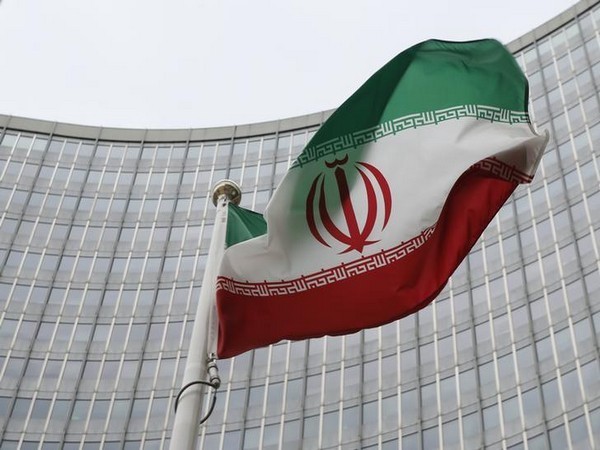
Iran made preparations to mine the Strait of Hormuz
Jul 02, 2025
Tehran [Iran], July 2: The Iranian military loaded naval mines onto vessels in the Persian Gulf last month, a move that intensified concerns in Washington that Tehran was gearing up to blockade the Strait of Hormuz following Israel's strikes on sites across Iran, according to two U.S. officials.
The previously unreported preparations, which were detected by U.S. intelligence, occurred some time after Israel launched its initial missile attack against Iran on June 13, said the officials, who requested anonymity to discuss sensitive intelligence matters.
The loading of the mines - which have not been deployed in the strait - suggests that Tehran may have been serious about closing one of the world's busiest shipping lanes, a move that would have escalated an already-spiraling conflict and severely hobbled global commerce
About one-fifth of global oil and gas shipments pass through the Strait of Hormuz and a blockage would likely have spiked world energy prices.
Global benchmark oil prices have instead fallen more than 10% since the U.S. strikes on Iran's nuclear facilities, driven in part by relief that the conflict did not trigger significant disruptions in the oil trade.
On June 22, shortly after the U.S. bombed three of Iran's key nuclear sites in a bid to cripple Tehran's nuclear program, Iran's parliament reportedly backed a measure to block the strait.
That decision was not binding, and it was up to Iran's Supreme National Security Council to make a final decision on the closure, Iran's Press TV said at the time. Iran has over the years threatened to close the strait but has never followed through on that threat.
Reuters was not able to determine precisely when during the Israel-Iran air war Tehran loaded the mines, which - if deployed - would have effectively stopped ships from moving through the key thoroughfare.
It is also unclear if the mines have since been unloaded.
The sources did not disclose how the United States determined that the mines had been put on the Iranian vessels, but such intelligence is typically gathered through satellite imagery, clandestine human sources or a combination of both methods.
Asked for comment about Iran's preparations, a White House official said: "Thanks to the President's brilliant execution of Operation Midnight Hammer, successful campaign against the Houthis, and maximum pressure campaign, the Strait of Hormuz remains open, freedom of navigation has been restored, and Iran has been significantly weakened."
The Pentagon did not immediately respond to a request for comment.
The Iranian mission at the United Nations also did not respond to requests for comment.
Source: Fijian Broadcasting Corporation









